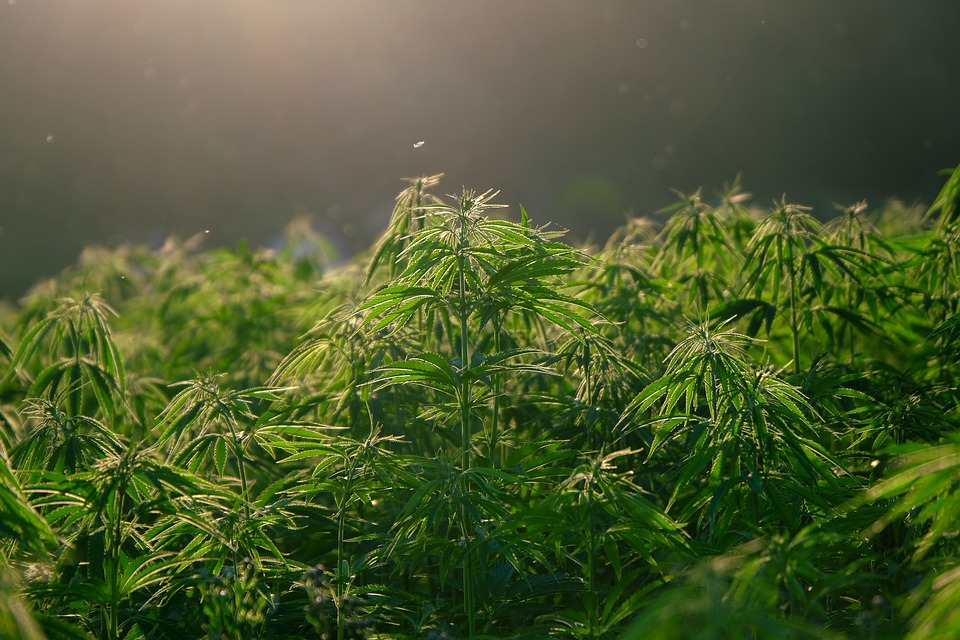Introduction
Hemp, also known as industrial hemp, is a versatile and sustainable plant that has been gaining popularity in recent years as an eco-friendly alternative to traditional materials. With its wide range of uses and benefits, hemp is taking the world by storm as a sustainable solution to many of our environmental challenges.
Benefits of Hemp
One of the main reasons why hemp is gaining popularity is its eco-friendly credentials. Hemp is a highly sustainable crop that requires very little water and no pesticides to grow. It also has a fast growth cycle, allowing farmers to harvest multiple crops in a single year. In addition, hemp has strong roots that help prevent soil erosion, making it an ideal crop for sustainable agriculture.
Uses of Hemp
Hemp has a wide range of uses, including in textiles, building materials, food products, and biofuels. Hemp fibers are incredibly strong and durable, making them ideal for clothing, rope, and paper. Hemp seeds are rich in protein and essential fatty acids, making them a nutritious food source. Hemp can also be used to make building materials such as hempcrete, a sustainable alternative to traditional concrete. In addition, hemp can be processed into biofuels such as biodiesel, further reducing our reliance on fossil fuels.
Environmental Impact of Hemp
One of the key benefits of hemp is its positive impact on the environment. Hemp plants absorb carbon dioxide from the atmosphere as they grow, helping to reduce greenhouse gas emissions. Hemp cultivation also improves soil health, as the plant’s roots help to break up compacted soil and add organic matter. In addition, hemp requires minimal water and no pesticides to grow, making it a low-impact crop compared to many conventional crops.
Conclusion
In conclusion, hemp is a highly versatile and sustainable crop that is taking the world by storm as an eco-friendly alternative to traditional materials. With its wide range of uses and benefits, hemp has the potential to revolutionize industries such as textiles, construction, and agriculture. By choosing hemp products, consumers can support a more sustainable future for our planet.
FAQs
Q: Is hemp the same as marijuana?
A: While hemp and marijuana both come from the cannabis plant, they are different varieties. Hemp contains very low levels of THC, the psychoactive compound in marijuana, making it non-intoxicating and safe for use in a wide range of products.
Q: Is hemp legal to grow and use?
A: In many countries, including the United States, hemp production is legal under certain conditions. As long as hemp plants contain less than 0.3% THC, they are considered industrial hemp and can be legally grown and used for commercial purposes.
Q: Are hemp products more expensive than traditional products?
A: While some hemp products may be slightly more expensive than their conventional counterparts, the long-term benefits of using hemp, such as its sustainability and durability, often outweigh the initial cost. As consumer demand for hemp products increases, prices are likely to become more competitive.
[ad_2]
